#southeast asia
Text
More than a millennium before Ferdinand Magellan landed in the archipelago that he called Filipinas, the islands were filled with thriving communities, ruled by their respective datu (rulers). They have sophisticated pottery and artifacts developed from trading with the surrounding civilizations in this part of the world. There was no extensive documentation on these cultures because of the lack of a permanent source of writing material, but one thing is certain—they are exceptional goldsmiths.
One day in April 1981, a local named Edilberto Morales working with heavy machinery for an irrigation project in the province of Surigao del Sur found what turned out to be 22 pounds of gold artifacts. Morales quietly took home his stash on a rice sack and covered them with bananas. He wasn't sure what to do with the artifacts, so he entrusted them to the local priest. As words of the discovery got out, buyers and looters flocked to the village. Before long, the treasure was gone.
Fortunately, most of them made their way to the few buyers who could afford to buy them—the Central Bank and prominent people in the capital.
The items dated back to the 10th through the 13th centuries. The most prominent artifact is a sash made of 3,860 grams of gold. This piece was likely worn by an important datu during key rituals. The sash is made of tightly braided gold wires and beads woven to assemble a four-cornered halter with a slit on one end, perhaps to hold a ceremonial weapon.
It was likely made for ceremonial purposes, but no one can be sure. Similar golden regalia have been used by the Brahmin caste in India.
20 notes
·
View notes
Text

In my dreams we are both free
5K notes
·
View notes
Text
"Lawmakers in Thailand’s lower house of Parliament overwhelmingly approved a marriage equality bill on Wednesday that would make the country the first in Southeast Asia to legalize equal rights for marriage partners of any gender.
The bill passed its final reading with the approval of 400 of the 415 members of the House of Representatives in attendance, with 10 voting against it, two abstaining and three not voting.
Thailand has a reputation for acceptance and inclusivity but has struggled for decades to pass a marriage equality law. Thai society largely holds conservative values, and members of the LGBTQ+ community say they face discrimination in everyday life. The government and state agencies are also historically conservative, and advocates for gender equality have had a hard time pushing lawmakers and civil servants to accept change.
[Note: As always, worth noting that all of those things can be said about the US and plenty of Western countries too. The West isn't magically non-homophobic.]
The bill now goes to the Senate, which rarely rejects any legislation that passes the lower house, and then to the king for royal endorsement. This would make Thailand the first country or region in Southeast Asia to pass such a law and the third in Asia, after Taiwan and Nepal.
The bill amends the Civil and Commercial Code to change the words “men and women” and “husband and wife” to “individuals” and “marriage partners.” It would open up access to full legal, financial and medical rights for LGBTQ+ couples...
The new government led by Pheu Thai, which took office last year, has made marriage equality one of its main goals."
-via AP News, March 27, 2024
#thailand#southeast asia#lgbtq#same sex marriage#queer community#lgbtq pride#queer pride#taiwan#nepal#gay marriage#gay rights#lgbt#marriage equality#good news#hope
1K notes
·
View notes
Text





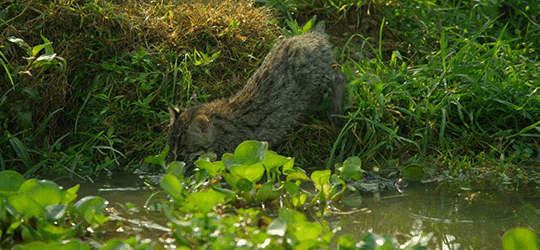
A fishing cat practices hunting with her kittens.
BBC Earth
5K notes
·
View notes
Text
The Spanish surnames of many Filipinos have often misled foreigners here and abroad, who are unaware of the decree on the adoption of surnames issued by Governor-General Narciso Clavería in 1849. Until quite recently in the United States, the Filipinos were classified in demographic statistics as a “Spanish-speaking minority,” along with Puerto Ricans, Cubans, Mexicans, and other nationals of the Central or South American republics. The Philippines, as is well known, was a Spanish colony when Spain was mistress of empires in the Western Hemisphere; but the Americans were “hispanized” demographically, culturally, and linguistically, in a way the Philippines never was. Yet the Spanish surnames of the Filipinos today—García, Gómez, Gutiérrez, Fernández—seem to confirm the impression of the American statistician, as well as of the American tourist, that the Philippines is just another Mexico in Asia. Nor is this misunderstanding confined to the United States; most Spaniards still tend to think of “las Islas Filipinas” as a country united to them through the language of Cervantes, and they catalogue Philippine studies under “Hispano-America.” The fact is that after nearly three-and-a-half centuries of Spanish rule probably not more than one Filipino in ten spoke Spanish, and today scarcely one in fifty does. Still the illusion lives on, thanks in large part to these surnames, which apparently reflect descent from ancient Peninsular forbears, but in reality often date back no farther than this decree of 1849.
Somehow overlooked, this decree, with the Catálogo Alfabético de Apellidos which accompanied it, accounts for another curiousity which often intrigues both Filipinos and foreign visitors alike, namely, that there are towns in which all the surnames of the people begin with the same letter. This is easily verifiable today in many parts of the country. For example, in the Bikol region, the entire alphabet is laid out like a garland over the provinces of Albay, Sorsogon, and Catanduanes which in 1849 belonged to the single jurisdiction of Albay. Beginning with A at the provincial capital, the letters B and C mark the towns along the coast beyond Tabaco to Tiwi. We return and trace along the coast of Sorsogon the letters E to L; then starting down the Iraya Valley at Daraga with M, we stop with S to Polangui and Libon, and finish the alphabet with a quick tour around the island of Catan-duanes. Today’s lists of municipal officials, memorials to local heroes, even business or telephone directories, also show that towns where family names begin with a single letter are not uncommon. In as, for example, the letter R is so prevalent that besides the Roas, Reburianos, Rebajantes, etc., some claim with tongue in cheek that the town also produced Romuáldez, Rizal, and Roosevelt!
Excerpt from the 1973 introduction to Catálogo de Alfabético de Apellidos by Domingo Abella
1K notes
·
View notes
Text
Me in the Tropics during dry season

my country is like an oven rn but the sun will not take my drip away
#cioccolatodorima#my drawings#anime#drawing#southeast asia#sun#summer#i'm dying on the inside#it's too hot#it's replaced venus as the most hottest piece of land in the solar system
788 notes
·
View notes
Text

By Mblockk
Phi Phi Islands, Thailand
652 notes
·
View notes
Text
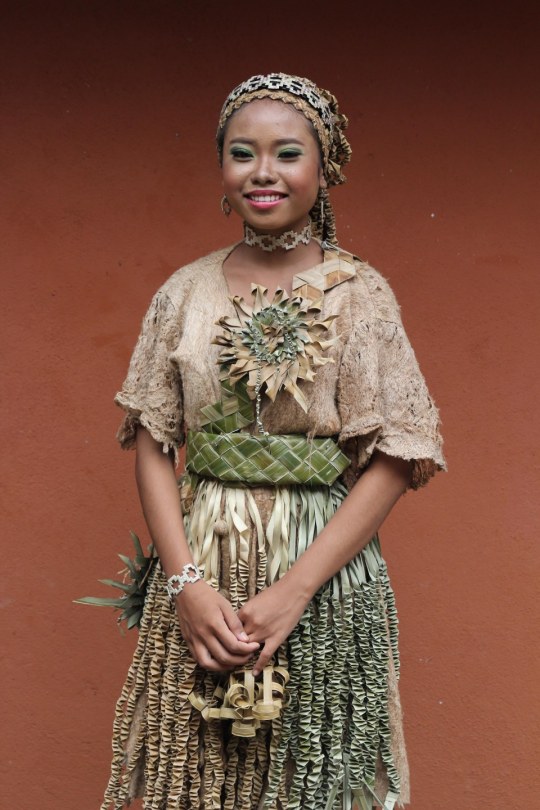
Mah Meri girl, Malaysia, by Barcroft Media
#mah meri#malaysia#asia#southeast asia#folk clothing#traditional clothing#traditional fashion#cultural clothing
591 notes
·
View notes
Text
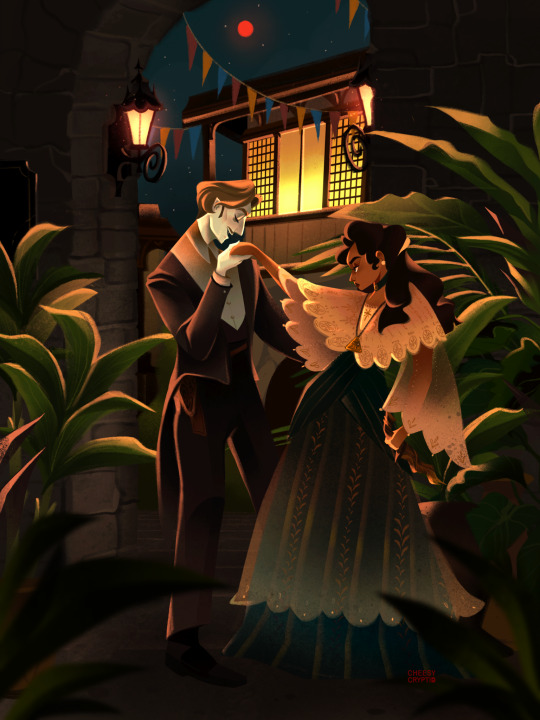
Vampires & Vampire Hunters but make it about during the late 1800s in the Philippines
#artists on tumblr#art on tumblr#oc#original characters#digital art#digital painting#digital illustration#vampire#vampire aesthetic#philippines#filipino aesthetic#1800s#American occupation#southeast asia#filipino#monster art#vampire hunter#vampire and vampire hunter#supernatural#fantasy#vampire and human#historical#historical fantasy#monster#dark fantasy#character illustration#character design#nik's art#aesthetic art
3K notes
·
View notes
Text
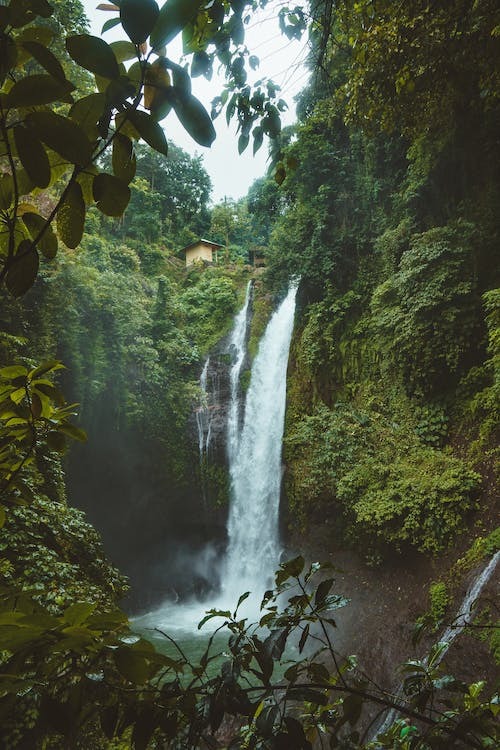
Sukasada, Bali, Indonesia | by Oliver Sjöström
#Travel#Nature#Travel Photography#Tropical#Vertical#Bali#Indonesia#Southeast Asia#Waterfall#Landscape#View#Green
879 notes
·
View notes
Text

A king's daughter is sent to be wed to a lunar prince. An alliance between two realms.
A storm riddles their goal. A mad god rouses his Chosen One.
A demon goddess awakens the daughter to her heritage. She forges her own path.
One in where the princess murders the hero.
A romance of blood and steel. The lost daughter of a Raja with the blood of a demon goddess. A timawa bound by oath and love. A hero chosen by a mad god. PRINCESS. KNIGHT. HERO. The cycle turns evermore. What conviction will they find now?
PRINCESS MURDERS THE HERO is an ongoing martial romance (both in the love sense and the adventure story sense) fantasy webnovel set in The Sword Isles, an epic fantasy setting founded upon Southeast Asian stories and myth. Read it for free here!
The main characters are...
👑 BAKONG THE PRINCESS, a sheltered girl awakening to the truths of the world
🛡️ MASUNA THE KNIGHT, swordgendered peerless swordmaster bound by duty and love
⚔️ SAMPONG BAHA THE JUGGERNAUT, butch lesbian heir to a royal house, slayer of pale kings
🪷 BANGAHOM THE SORCERER, trans wielder of dark blade magicks and claimant to Put'wan's Throne
240 notes
·
View notes
Text
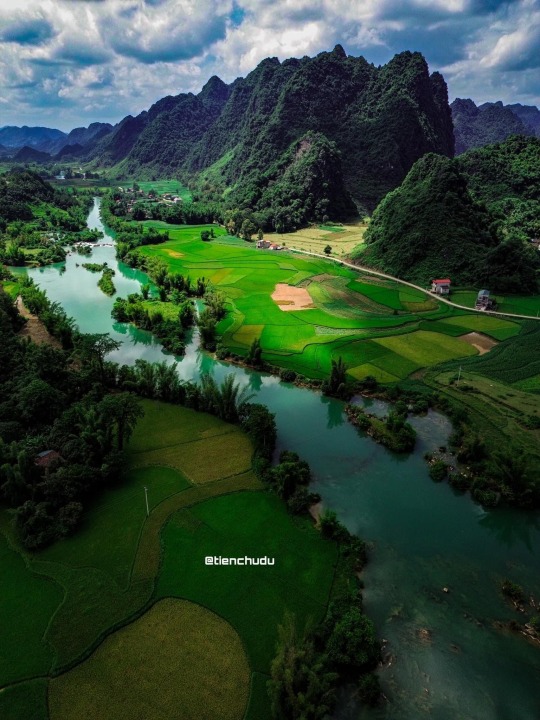
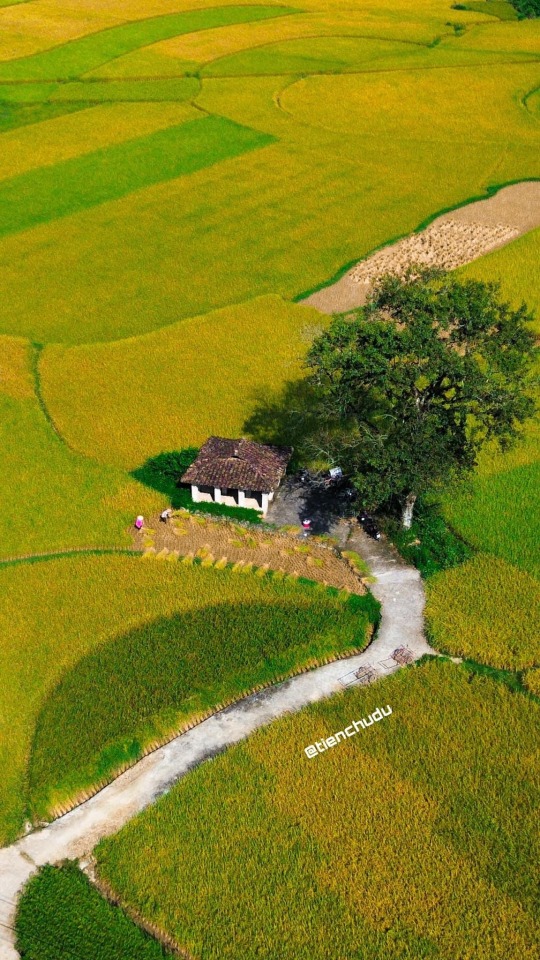

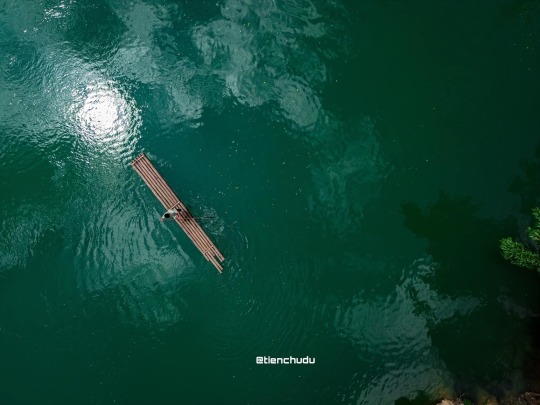

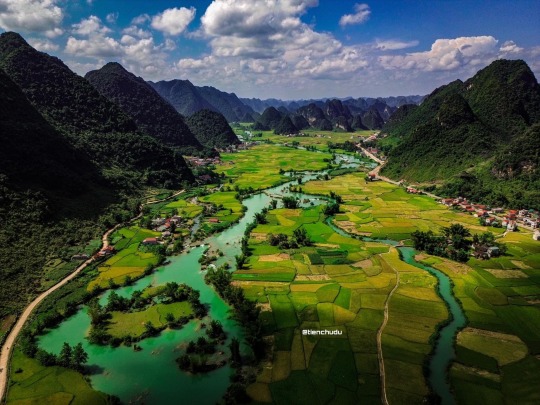
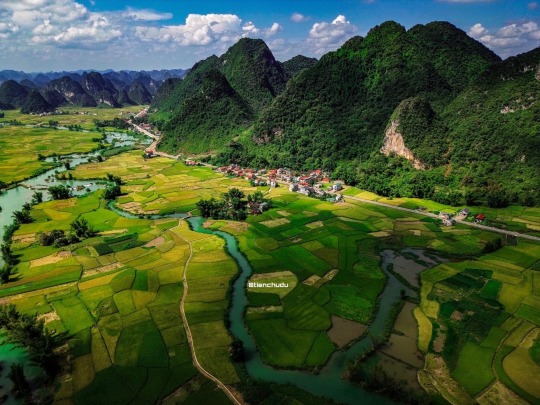

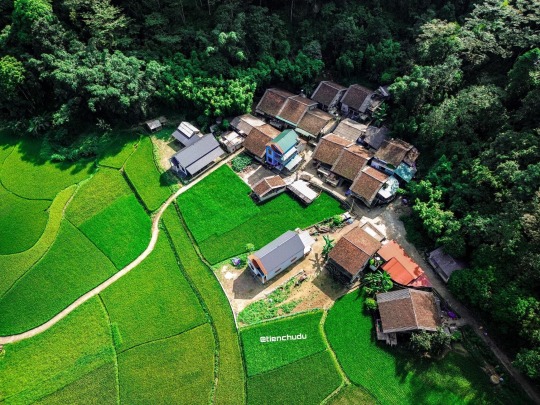

Cao Bằng, Vietnam. Credit to Tiến Chu.
#vietnam#vietnamese#culture#travel destinations#travel#north vietnam#southeast asia#southeastasia#se asia#seasia#mountains#rivers#landscape#natural landscape#beautiful#awe inspiring#awesome#travel bucket list#visit vietnam#green aesthetic#rice field#paddy field#farmers#rural landscape#adventure time#wanderlust#beautiful photos#nature#trekking#hiking
405 notes
·
View notes
Text
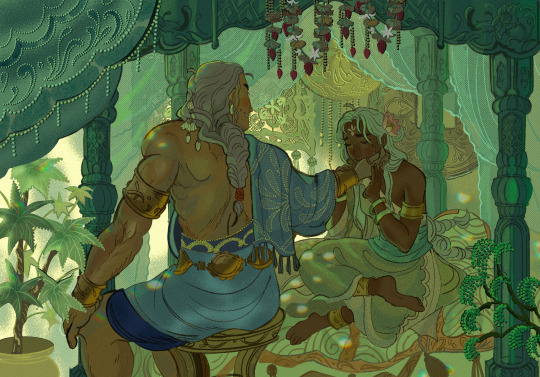
Sleep in for the day
#they are both guys. Darenya is a trans guy#mlm#art#artists on tumblr#Southeast Asia#shit I wanna do#constantly sleep deprived what can u do#the lord of gentle swords
5K notes
·
View notes
Text

So excited to finally have finished this commission for @littlestpersimmon ! I had so much fun, thank you for trusting me with your boy💗
Click here for more info about Chintan and his world
And here if you want to see my commission post
#i still have 3 slots open if anyone was swayed to commission me hehe#also Chintan is from his Incredible wip#the lord of gentle swords#art#digital art#artists on tumblr#dragon#drawing commisions#southeast asia
565 notes
·
View notes
Text

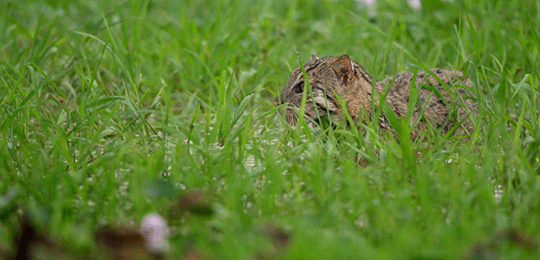


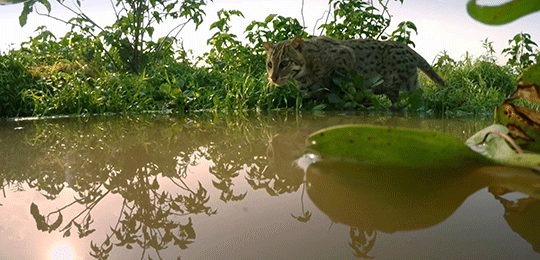
Fishing cats are well adapted to a life aquatic. Beneath their long outer coat they have a shorter layer of insulating fur that acts like a web suit, and they have webbed feet. Their long whiskers detect vibrations from fish moving in the shallows.
BBC Earth
413 notes
·
View notes
Text


Comfort Food, featuring Kare Kare (a dish from the Philippines) and Nasi Goreng (fried rice, national dish of Indonesia)
#pixel art#comfort food#food art#illustration#philipines#indonesia#my art#i like how i rendered soup in this series#southeast asia
2K notes
·
View notes